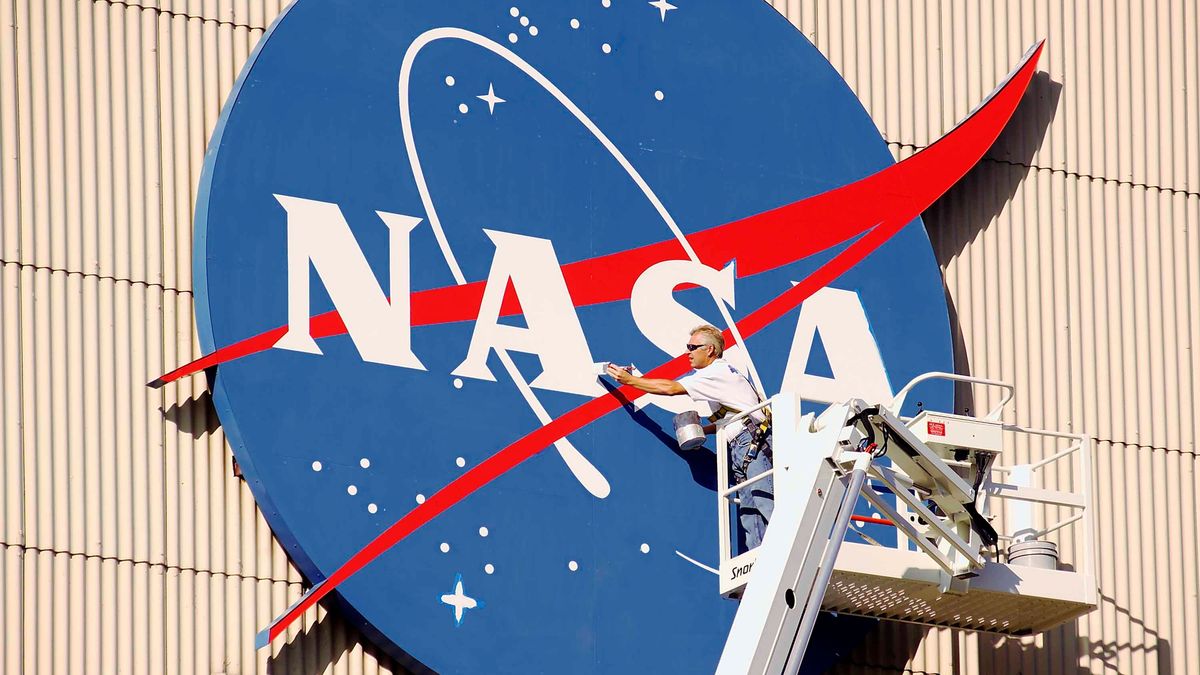NASA exploring new frontiers to expand human knowledge and discovery

NASA plays a critical role in advancing human knowledge through exploration, research, and innovation. By studying space, planetary systems, and the universe, NASA provides insights that extend far beyond Earth. Its mission drives scientific discovery, inspires technological advancements, and deepens our understanding of the cosmos.
Exploration of space helps answer fundamental questions about the origin of the universe, the potential for life beyond Earth, and the future of humanity. NASA’s work also influences practical applications on Earth, including weather prediction, environmental monitoring, and improvements in communication, transportation, and medical technology.
What frontiers is NASA currently exploring?
NASA is actively involved in exploring multiple frontiers, from deep space missions to planetary research and Earth observation. Missions such as the Artemis program aim to return humans to the Moon and establish a sustainable presence, paving the way for future Mars exploration. Robotic missions, including rovers and orbiters, continue to study planets like Mars, Jupiter, and Saturn, providing detailed data on planetary composition, atmospheres, and potential habitability.
In addition to planetary exploration, NASA investigates cosmic phenomena such as black holes, dark matter, and exoplanets. Telescopes like the James Webb Space Telescope capture unprecedented images and data, revealing the formation of stars, galaxies, and planetary systems.
How does NASA drive technological innovation?
NASA’s missions require advanced technologies, often pushing the limits of engineering and scientific capabilities. Innovations developed for space exploration, such as satellite technology, robotics, and life support systems, frequently translate into practical solutions for everyday life. For example, materials designed for spacecraft have led to improvements in medical devices, protective gear, and industrial equipment.
Research conducted by NASA also advances computational modeling, artificial intelligence, and autonomous systems. These technologies not only enhance mission capabilities but also contribute to global scientific progress and technological development across multiple sectors.
How does NASA contribute to global scientific understanding?
NASA collaborates with international space agencies, universities, and research institutions to expand knowledge and foster global partnerships. Sharing data and findings ensures that scientific discoveries benefit humanity as a whole. Studies of climate change, natural disasters, and Earth’s ecosystems rely heavily on NASA’s satellites and instruments, helping policymakers, scientists, and communities make informed decisions.
The agency’s research into space environments and human adaptation also informs long-term planning for space travel, ensuring that astronauts can safely explore distant planets and celestial bodies.
Why is public engagement and education important?
NASA inspires curiosity and education in science, technology, engineering, and mathematics (STEM). Educational programs, public outreach, and interactive tools engage students, teachers, and enthusiasts worldwide, cultivating the next generation of scientists, engineers, and explorers. By making discoveries accessible and exciting, NASA promotes a culture of learning and exploration that extends beyond the scientific community.
Final thoughts
NASA’s exploration of new frontiers expands human knowledge and drives discovery across science, technology, and education. From studying distant planets to advancing space travel, NASA’s missions deepen our understanding of the universe and inspire innovation on Earth. Through global collaboration, technological breakthroughs, and public engagement, the agency continues to push boundaries, answering profound questions about our place in the cosmos and preparing humanity for future exploration. By investing in exploration and research, NASA ensures that the pursuit of knowledge remains at the forefront of human achievement, encouraging curiosity, innovation, and discovery for generations to come.
